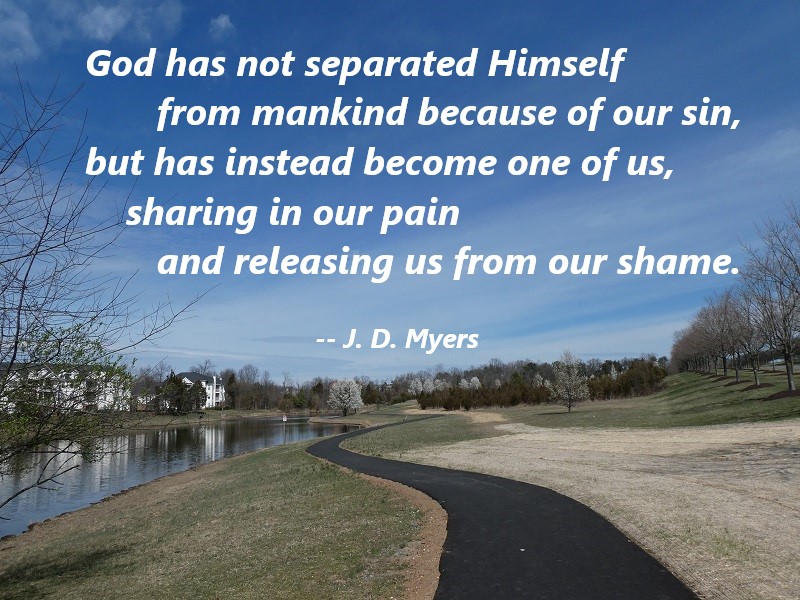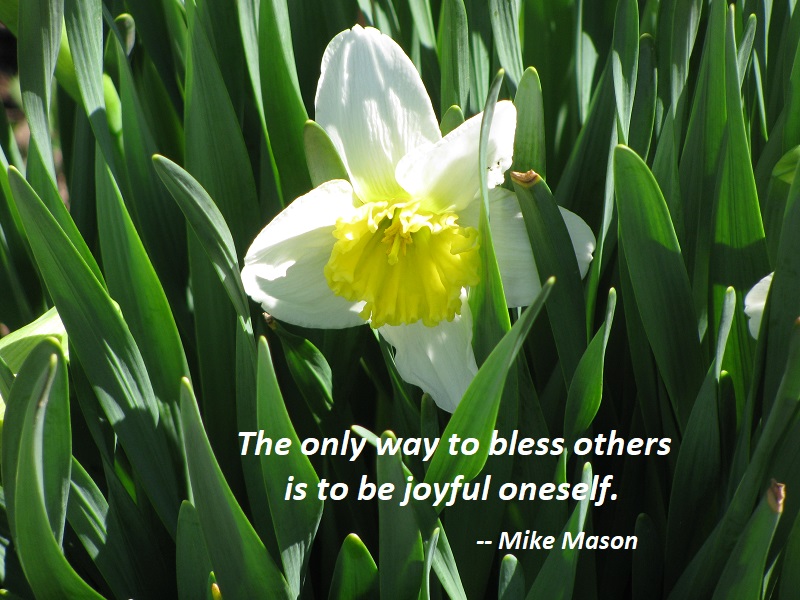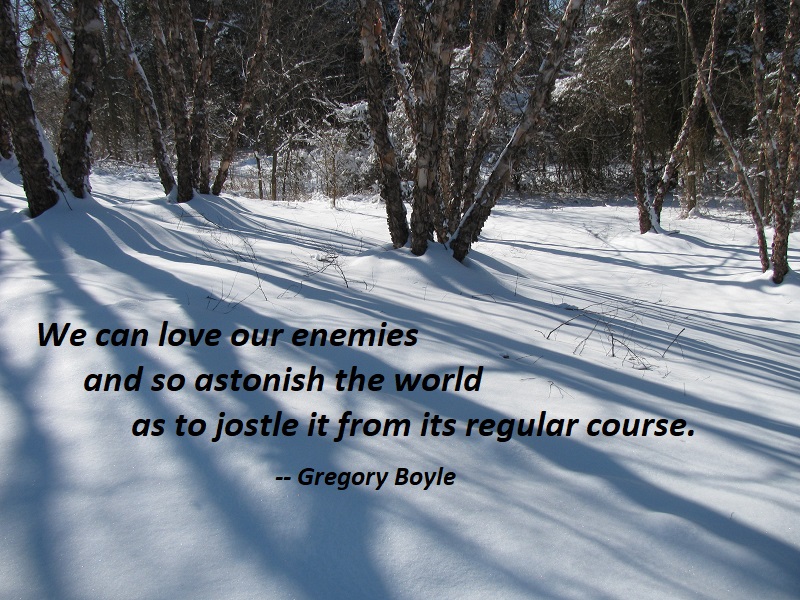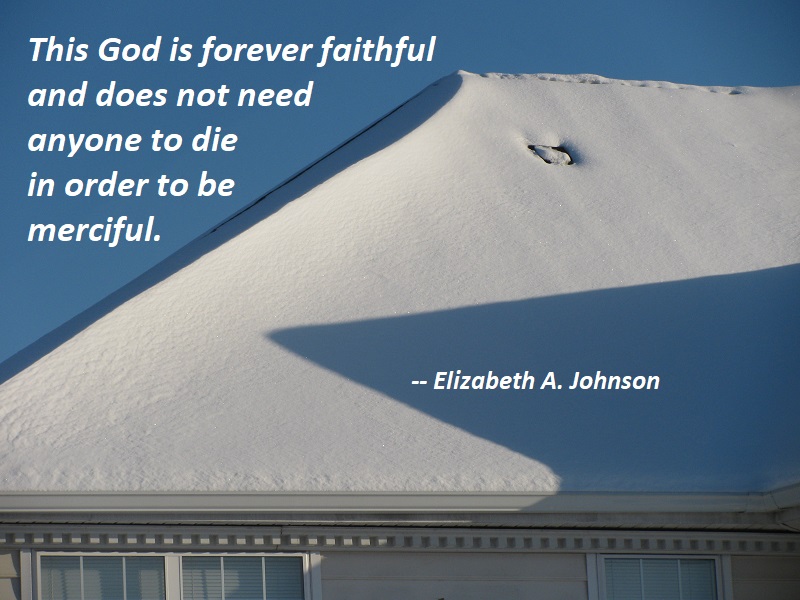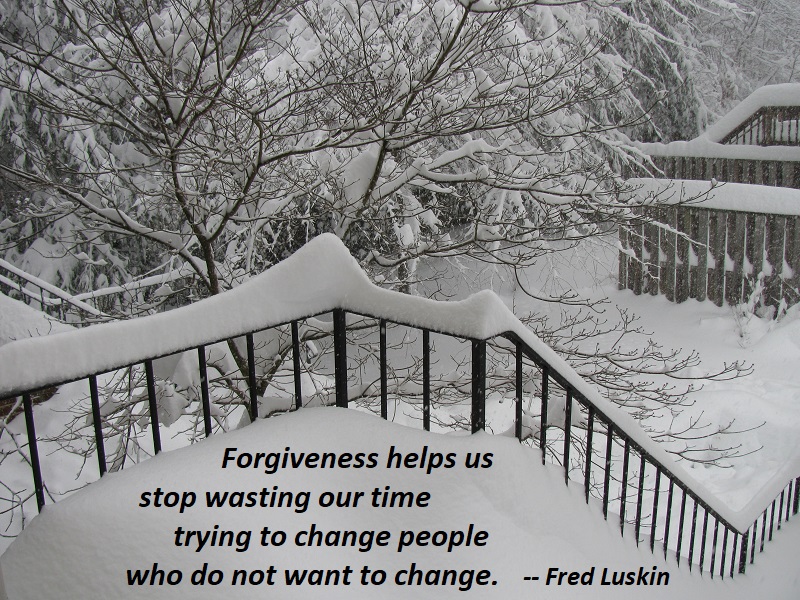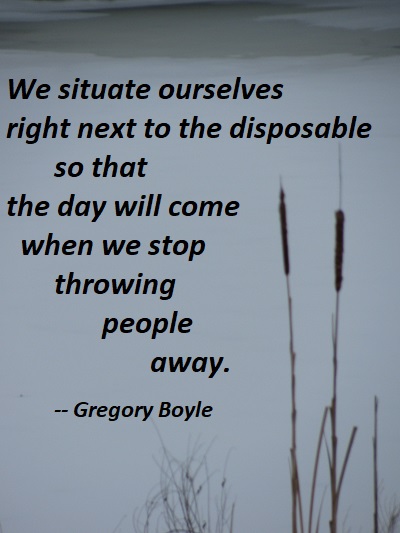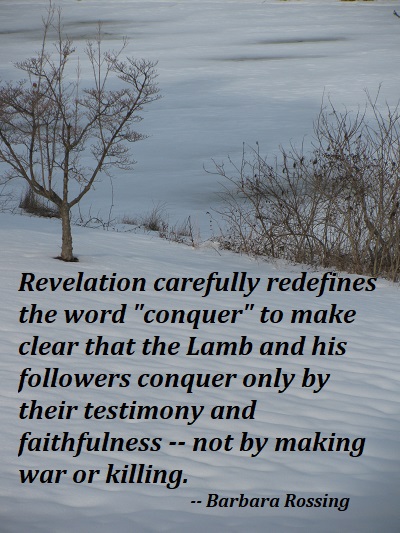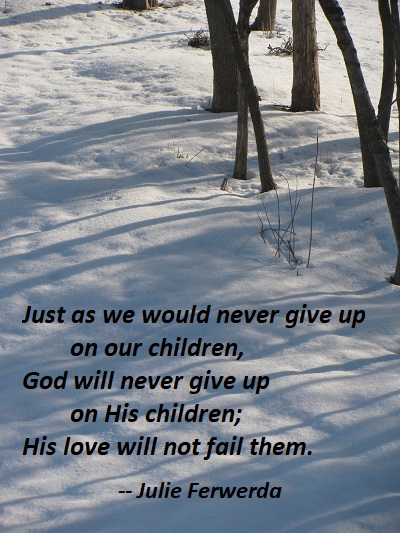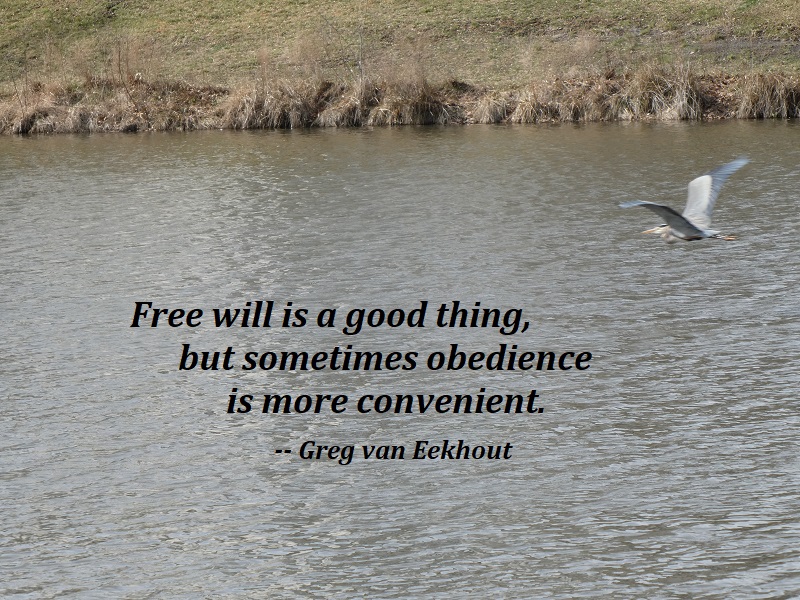One of Us
By His life and example, Jesus shows that there is no human mediator between God and man, and that God has not separated Himself from mankind because of our sin, but has instead become one of us, sharing in our pain and releasing us from our shame. This teaching got Jesus in a lot of trouble with the religious leaders of His day, because they (rightly) understood that what He was saying was undermining the entire sacrificial system that supported the temple and the priestly class. Strangely, many religious leaders today side with the religious leaders of Jesus’ day in saying that the religious buildings, clergy, and sacrifices are all required by God. Of course, the religious leaders who argue this today believe that they are following the teachings of Jesus, but they twist the words and actions of Jesus to make it sound like they are in agreement with Him.
— J. D. Myers, Nothing But the Blood of Jesus, p. 149-150
Photo: South Riding, Virginia, March 14, 2020
